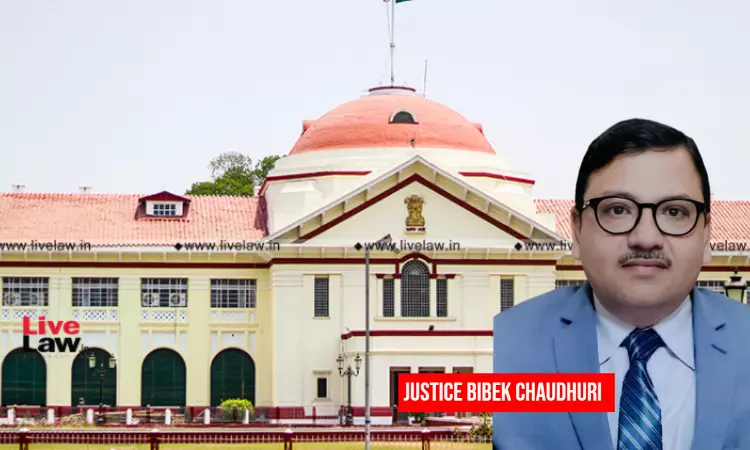Calling Wife 'Bhoot', 'Pishach' Not Cruelty: Patna High Court Sets Aside Husband's Conviction U/S 498A IPC
Sparsh Upadhyay
29 March 2024 4:58 PM IST

Next Story
29 March 2024 4:58 PM IST
The Patna High Court has observed that a husband calling his wife 'Bhoot' (ghost) or 'Pisach' (Vampire) itself does not constitute an act of cruelty.A bench of Justice Bibek Chaudhuri added that in matrimonial relations, especially in failed matrimonial relations, there are incidents where both the husband and wife abuse each other by using filthy language, however, all such accusations do...
